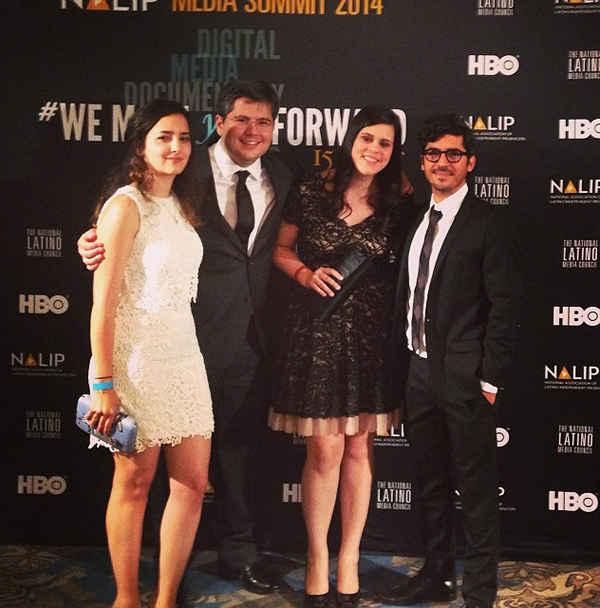Film’s power to provoke social change

Sabrina Chammas, AS’10, believes in using the power of documentary filmmaking as a tool to provoke positive social change. “The most interesting stories,” she explains, “are those that encourage the viewer to get off the couch and act.”
Her passion for producing socially conscious films dates back to her undergraduate career in Northeastern’s communication studies program, which offers a variety of courses in media and film production. There, Chammas honed her storytelling skills by training her lens on topics ranging from the dangers of stalking to the lives of the street children in Lebanon, where she grew up.
As a graduate student in film production at the University of Southern California, she produced several thesis documentaries, including a lyrical take on a Mariachi family living in Los Angeles. For documentarians, she says, “The easiest way to effect change is to look around your community and find stories that need to be told.”
Over the past two years, Chammas has worked on projects with mass appeal and widespread social implications. In 2013, she served as the executive assistant on an Oscar-nominated documentary called The Square, which tells the story of a group of young Egyptian revolutionaries who put their lives on the line to battle the Middle East’s largest standing army. Today, she is producing a character-based documentary called Looking at the Stars, which focuses on the lives of three blind ballerinas in Brazil who practice at the world’s only ballet company for the visually impaired. Her job includes managing the film’s budget, hiring the crew, applying for grants, and distributing the finished product.
In March, Stars received a $10,000 cash award from HBO and the National Association of Latino Independent Producers, which aims to support the growth of social commentary by Latino documentarians. Chammas, who connected with the film’s Brazilian director in graduate school, says the crew is hoping to raise an additional $260,000 to help pay for services like film scoring and subtitling.
She firmly believes in the film’s social value, noting that its goal is to shed light on an oft-overlooked segment of society. “The blind community has been very marginalized and portrayed as incapable or even stupid,” Chammas explains. “We want to show what blind people can do despite the challenges they face.”
Once complete, the crew’s plan is to submit the film to prominent festivals like Sundance and Cannes. “We have high hopes that it will get a lot of worldwide attention,” Chammas says.





